- Faustin Etindele
- Read Time: 5 mins

The crisis created by the COVID-19 pandemic has resulted in a generalized climate of anxiety, which has increased stress levels and which can lead to insomnia even in people who do not usually suffer from it.

The crisis created by the COVID-19 pandemic has resulted in a generalized climate of anxiety, which has increased stress levels and which can lead to insomnia even in people who do not usually suffer from it.
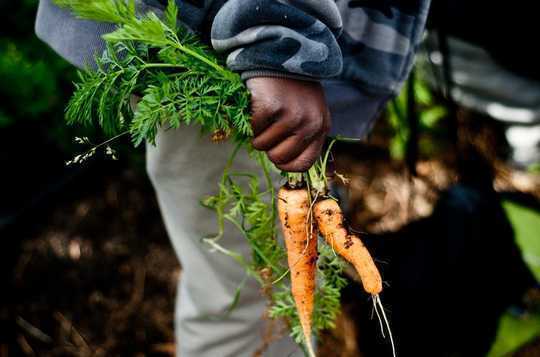
With the arrival of spring, many people have been starting to think about how COVID-19 will impact the affordability and availability of fruits and vegetables in coming months, as shortages of both honeybees and migrant workers threaten crop pollination and the food that comes with it.

Speak to many dog owners and they will tell you that their once perfectly behaved puppy started to become “difficult” at around six to 12 months of age.
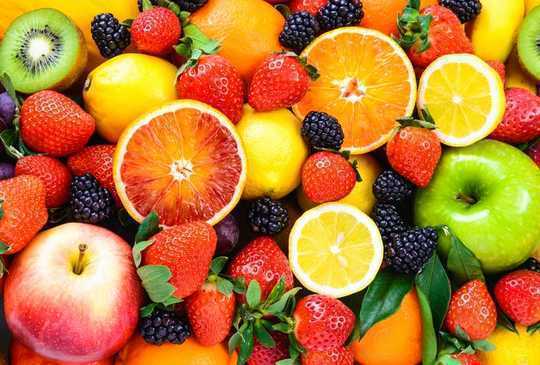
Many of the nutrients found in fruits and vegetables are responsible for numerous health benefits, in particular preventing a wide range of diseases, including heart disease and diabetes.

A lot of people are facing ethical decisions about their daily life as a result of the coronavirus.
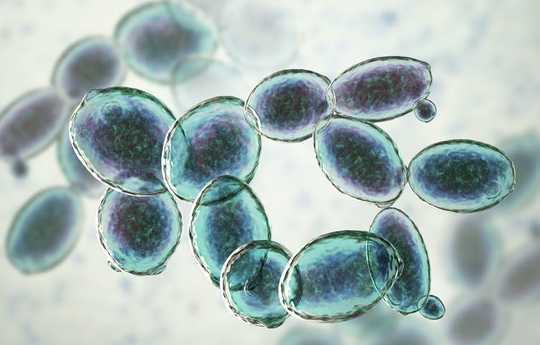
With people confined to their homes, there is more interest in home-baked bread than ever before.
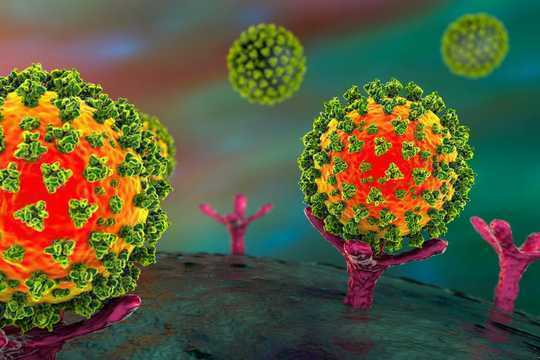
When we think of the symptoms of coronavirus, we think of the lungs – people on ventilators or with nasty coughs, struggling to breathe.
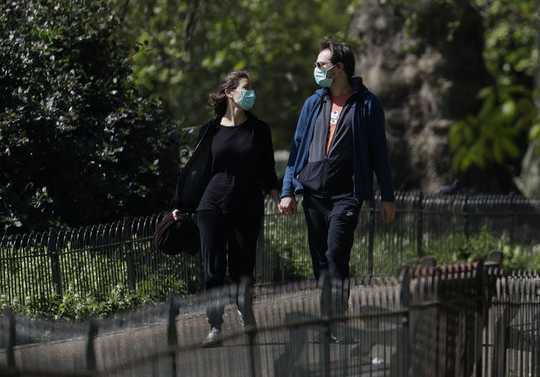
Recent Fitbit activity tracker data show a significant drop in physical activity worldwide that corresponds with the onset of the COVID-19 crisis. In the United States, physical activity has fallen by 12%.

Foods such as French fries, cheese, cookies, soda, and sports and energy drinks are common in the diets of United States adults with inflammatory bowel disease, according to a new study.
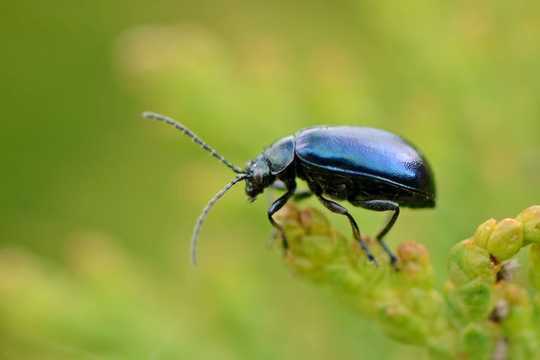
Insects, which include more than a million known species, represent roughly two-thirds of the described biodiversity on Earth.

What exactly are mental disorders? The answer to this question is important because it informs how researchers should go about trying to explain mental disorders

For many women, the journey through menopause is a roller coaster of symptoms including hot flushes, night sweats, sleep disturbance, dry and itchy skin, mood changes, anxiety, depression and weight gain. For some, it can be relatively uneventful.

When the novel coronavirus roared into the U.S., mental health took a back seat to physical health.

My health conscious friends and colleagues tell me that they need an alternative to soda but plain water is too boring.

Many people are trying to grow their own food during the ongoing coronavirus pandemic. Hands are sketching plans onto paper.

As researchers try to find treatments and create a vaccine for COVID-19, doctors and others on the front lines continue to find perplexing symptoms.

As worldwide coronavirus-related deaths tip a quarter of a million, a concerning trend is surfacing in the medical literature: high rates of obesity in groups of patients with severe or life-threatening COVID-19.

Scientists are constantly revealing newly discovered benefits of exercise. In experiments over the past 10 years, my research has found that exercise can help with a respiratory problem known as ARDS.

For most women, perimenopause – the transition to menopause – begins in their 40s. The entire menopause process typically lasts around four years and begins with the ovaries making less estrogen.

President Donald Trump’s executive order mandating meat processing plants to stay open, despite growing coronavirus cases at meat plants, is rife with problems. It endangers the lives of thousands of workers and their communities.
Page 36 of 155

